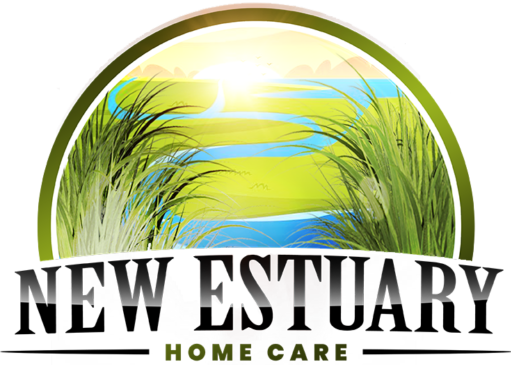What Is a Home Care Assessment?
A home care assessment is an essential step in determining the specific personal care services an individual may need.
What Is a Home Care Assessment?
A home care assessment is an essential step in determining the specific personal care services an individual may need.
The New Estuary Home Care team conducts a thorough in-home assessment for individuals seeking in-home care. Our Registered Nurse conducts an in-home assessment for elderly and disabled individuals, allowing us to hone in on their unique care needs and desires.
What is a home care assessment used for?
An in-home assessment takes into consideration every element of an individual’s needs and environment to determine the best course of care. With the completed assessment, our team of professionals works with individuals and their families to determine what type of care is needed: personal care, companion care, or respite care to name a few.
What does an in-home assessment consist of?
At New Estuary Home Care, our thorough in-home assessment covers the following components of an individual’s environment and lifestyle:
Background: This is where we understand the event that led to this individual seeking in-home care. This could include an accident, a surgical procedure or a mutual decision reached as the individual continues to age.
Demographics: These identifying factors can help us understand how to physically interact with the individual, as well as communicate with them and any other caregivers in the home.
Activities of Daily Living (ADLs): Is the individual performing daily tasks independently or do they require assistance with certain activities. These can include walking, getting in and out of a chair, getting dressed, bathing, combing hair, shaving, eating, laundry, meal preparation, or light housekeeping.
Instrumental Activities of Daily Living (IADLs): While all activities of daily living are important, these are the ones that typically require the most assistance. These activities include medication, shopping, traveling, and using the telephone.
Medical Conditions & Allergies: Understanding chronic or acute conditions, as well as recent hospital or skilled nursing facility stays, is important for our team to identify. We also assess hearing, speech, vision, and swallowing. Known allergies are also included in our assessment.
Mental/Behavior Conditions: Questions in this part of the assessment can cover memory loss, anxiety, repetition, paranoia, misplacing items, wandering, sleeping problems or aggression just to name a few. These mental and behavioral conditions help us understand the requirements necessary to optimize the individual’s living environment.
Exercise: Some individuals seeking in-home care will also have a specific rehabilitation or exercise regimen they need to conduct themselves, or that will be conducted with another provider, like a physical therapist.
Equipment/Environment: Safety assessments are key to facilitate independence, confidence, and a safe living environment. It is important to look for items such as: bedrails, life chairs, raised toilet seats, shower bench, or handheld shower head for example.
Pet Care: Pets provide a necessary level of companionship and comfort for individuals, and it is important that their care and wellbeing is also tended to.
In-home assessments for elderly and/or disabled individuals can require additional safety inspections. It’s essential that all of the components of the in-home care assessment are evaluated through the lens of the individual’s care needs and personal goals.
Once our in-home assessment is completed, the Care Plan is created for the caregivers to follow while caring for your loved one. Care Plans are periodically reviewed by all involved parties, and adjusted/updated if needed.
How Can We Help?
We help with the difficult decisions. If you have a loved one who needs in-home care in the Cape Fear Region, take the first step towards peace of mind and contact New Estuary Home Care today. We provide professional, reliable services from experienced, compassionate caregivers.
